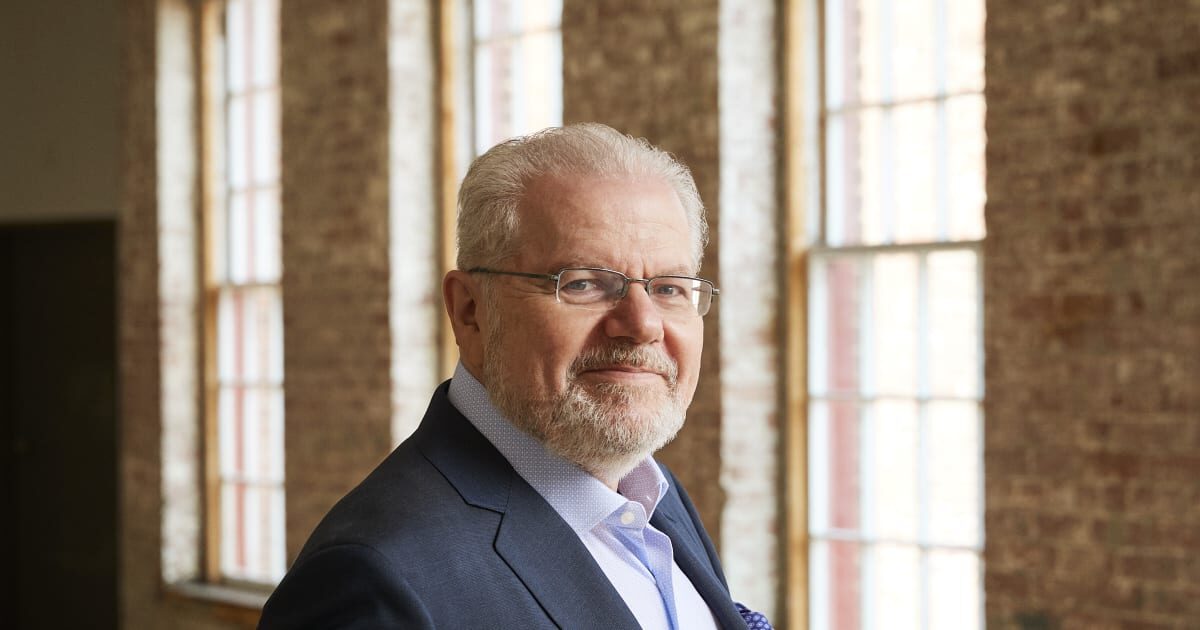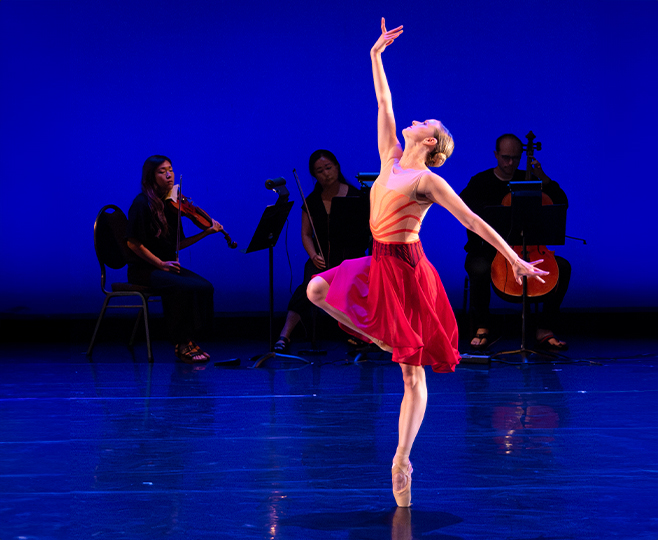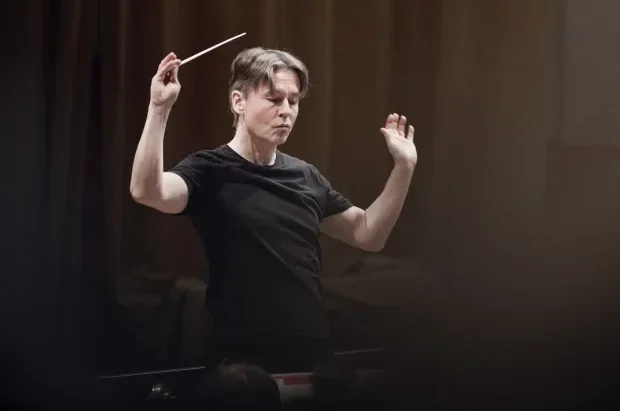The Philadelphia Orchestra presented an eclectic and altogether engaging program at Marian Anderson Hall at the Kimmel Center on October 30, 2025. William Grant Still, Ludwig van Beethoven, and Johannes Brahms were the composers featured, with the incomparable Emanuel Ax as Pianist, and Yannick Nezet-Seguin as Conductor.
Wood Notes, by William Grant Still (1895-1978), began the program. Composed in 1947, the piece is an altogether agreeable experience which called to mind bits of Gershwin, Dvorak, Janacek, movie musicals, and, especially, the film Seven Brides For Seven Brothers which was to be written years in advance.
An announcement from Yannick informed us that Emanuel Ax first appeared with the Philadelphia Orchestra in 1975 (Yannick puckishly reminded us that he was an infant at that time). With an introduction like this, you could imagine that the audience stood as one to warmly welcome Mr. Ax in his 50th Anniversary Appearance with the orchestra.
From the very first bars, one could feel this was to be a deeply felt and emotional experience for all concerned. An orchestral accent here, another there, a keen sensitivity to dynamics, and suavely assured playing throughout was the hallmark of this Beethoven Piano Concerto No.3. An astonishing proof that after a half century, Mr. Ax remains an excellent artist.
With no surprise, the music was spellbinding, and at its conclusion, the entire audience rose to its feet in acclaim, and stood, recalling the artists back repeatedly to the stage.
After the interval, Brahms Fourth Symphony held the hall spellbound. Brahms had doubted the success of the symphony. Playing it on piano for friends, most found it lackluster. The famed conductor Hans von Bulow insisted that the true way to hear the symphony would be if it were played by an orchestra, and so he arranged his own orchestra to play it in 1885 with the composer conducting. It was a triumph.
In Vienna the following year, most were at a loss for superlatives, except for Hugo Wolf, who Christopher H. Gibbs wrote in his program notes, held that Brahms here was completely bereft of ideas, reeking of musical impotence. A curious view shared more or less by Tchaikovsky, no less, who said he found the man quite pleasant, but his music amorphous and cold.
My friend accompanying me this evening later said that it was all just one theme aimlessly running about the whole evening, an excuse for Brahms to wave his arms about and conduct.
This verified my own feelings about the work. Indeed, Brahms enjoyed composing on his summer vacations, so that one could imagine oneself floating on a lake, in a canoe, taking in and becoming one with the landscape. Some apocalyptic phrases could by lightning and thunder, perhaps. A few in the audience might have recalled Proust’s waving, flowering branch, as a signifier of masturbation and ejaculation.
But, we digress. The orchestra played marvelously, Yannick conducted with a meticulous ear, and all was well with the world under the great enveloping wooden cello, or, is it a wooden uterus, covering the ceiling of Marian Anderson Hall.
The Philadelphia Orchestra’s 125th Anniversary Season continues for many more weeks. For more information, and to purchase tickets, please visit









